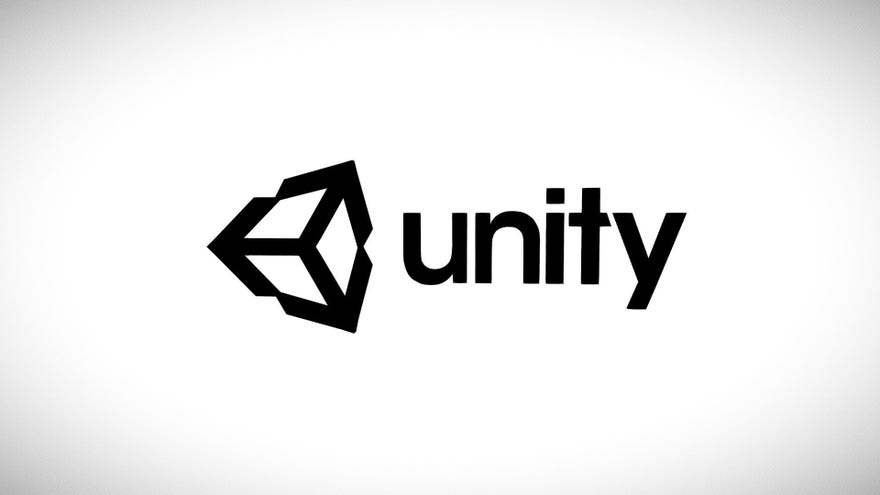HomeNews
Unity is ditching their much-hated runtime fees effective immediately, a year after they infuriated basically every game developerReturning to a subscription model
Returning to a subscription model

Unity is scrapping their controversial “runtime fees”, effective immediately. They’re reverting to the “seat-based subscription model” that funded the game creation tool previously.
“I’ve been able to connect with many of you over the last three months, and I’ve heard time and time again that you want a strong Unity, and understand that price increases are a necessary part of what enables us to invest in moving gaming forward. But those increases needn’t come in a novel and controversial new form. We want to deliver value at a fair price in the right way so that you will continue to feel comfortable building your business over the long term with Unity as your partner.”
While the runtime fees have been cancelled immediately, other changes will come with the launch of Unity 6 later this year. Unity Personal will remain free and the revenue cap, after which a fee must be paid, will double from $100,000 to $200,000, and in Unity 6 the “Made With Unity” splash screen will be optional. Unity Pro and Enterprise subscription pricing and revenue thresholds will change on January 1st, 2025.
Unity’s runtime fees charged developers money - typically around $0.20 -each time their game was installed, and applied retroactively to all games that used the engine. That means that if you released a game using Unity five years ago, you would suddenly start incurring costs everytime a player installed the game. The tracking of installation figures would also bebased on estimates, with limited ability to spot “fraudulent” installs.
The change was immediately controversial, with several developers such asAmong Uscreators Innersloth,planning on ditching the platform. Nobody liked the fees, nobody liked their potential abuse, and nobody liked that Unity could change their terms retroactively - meaning there was no guarantee that, if you undertook the multi-year project of developing the game using the toolset, that you wouldn’t end up paying far more than you expected because Unity had changed the rules in the interim.
Not long afterwards, Unity CEO (and former EA CEO) John Riccitielloretired, effective immediately. Matt Bromberg was appointed Unity’s new CEO in May of this year.
Speaking toGame Developer, Bromberg called the changes part of a plan to “become a fundamentally different company.” Whether that’s enough to win back developers' trust, I don’t know. I wouldn’t bet my business on it.